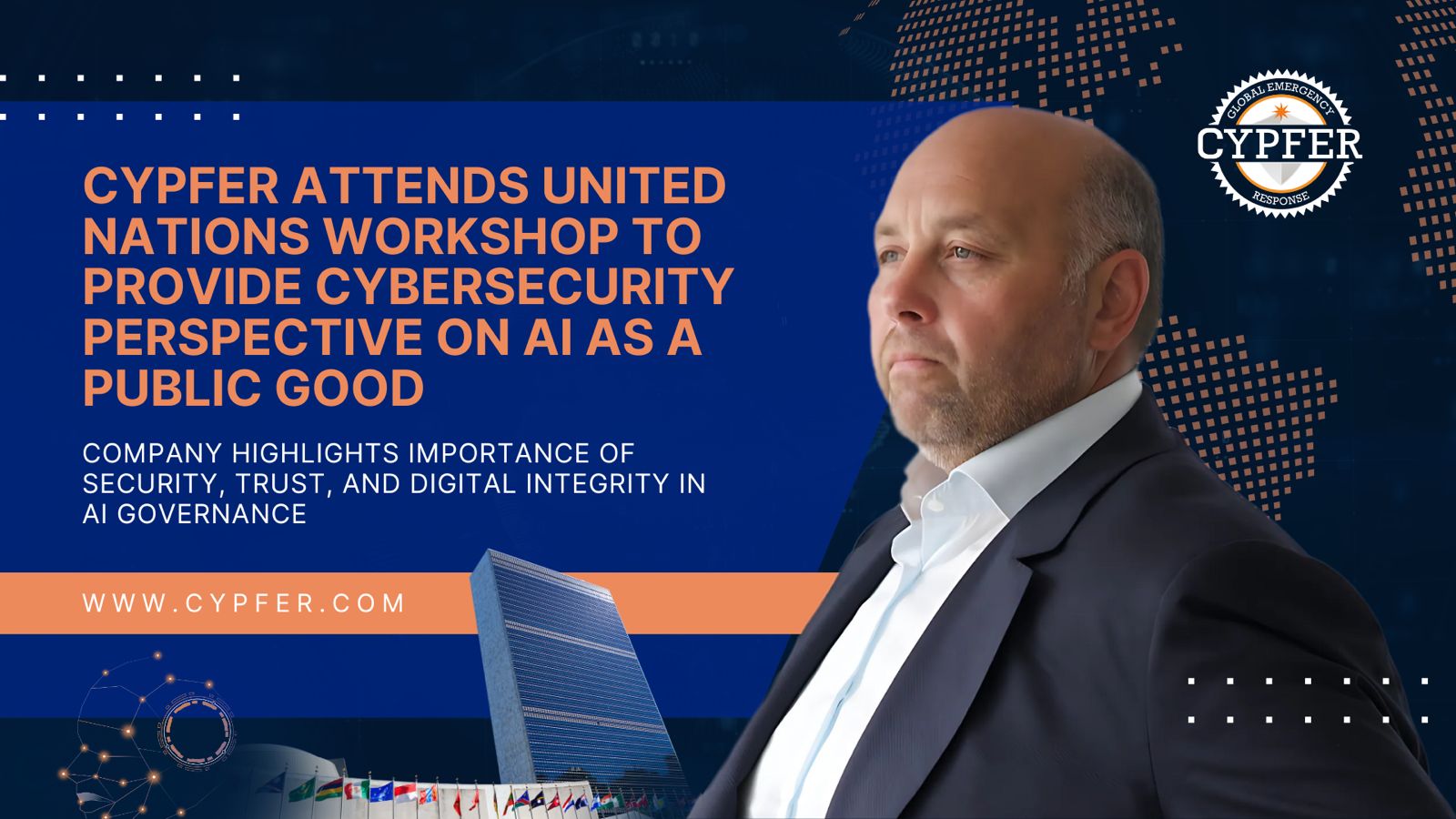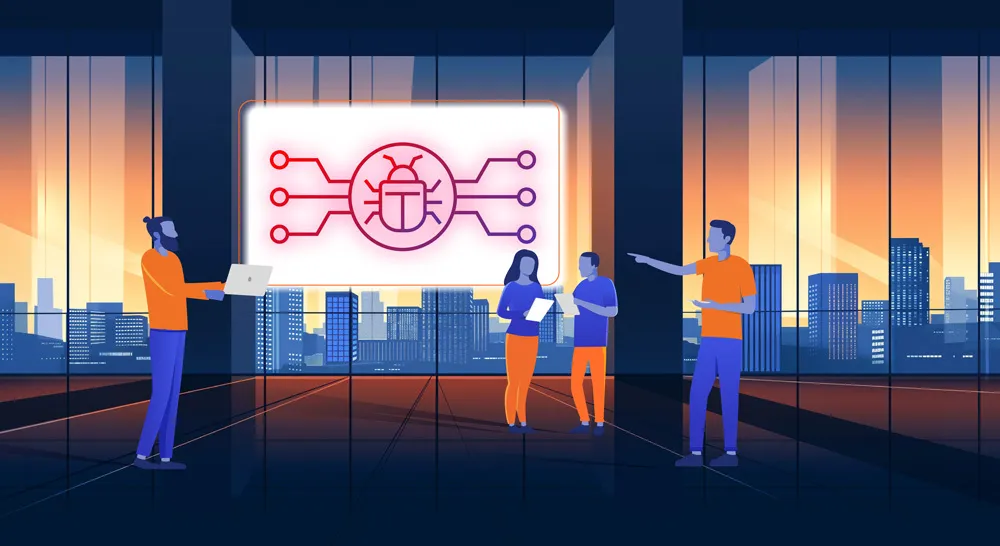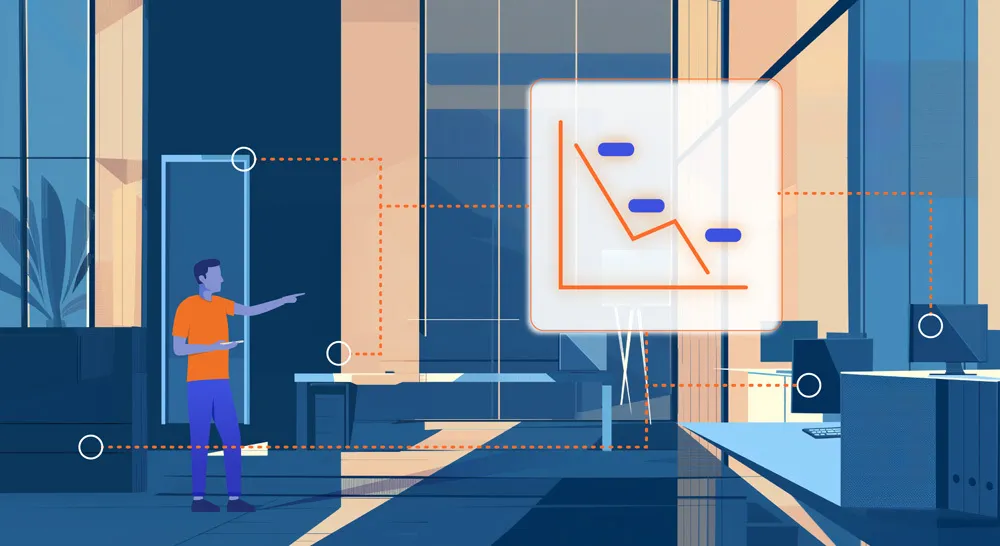
Strengthening Your Defense Against Ransomware: The Importance of Cyber Resilience
Ransomware attacks have become one of the most pervasive and destructive threats to organizations worldwide. These attacks can bring business operations to a grinding halt, compromise sensitive data, and lead to significant financial losses. In the face of such threats, cyber resilience—the ability to prepare for, respond to, and recover from cyber incidents—has never been more critical. This blog explores the importance of cyber resilience in the battle against ransomware and provides practical strategies to help organizations strengthen their defenses.
Understanding Cyber Resilience
Cyber resilience goes beyond traditional cybersecurity measures. While cybersecurity focuses on preventing attacks, cyber resilience is about ensuring that an organization can continue to operate and recover quickly after an attack has occurred. It’s a holistic approach that includes not just protection, but also detection, response, and recovery.
Key components of cyber resilience include:
- Preparedness: Developing and implementing a comprehensive incident response plan that includes protocols for various types of cyber incidents, including ransomware attacks.
- Detection: Employing advanced monitoring tools and techniques to quickly identify and respond to threats before they can cause significant damage.
- Response: Establishing a clear, well-practiced procedure for responding to incidents, including communication strategies, containment measures, and decision-making processes.
- Recovery: Ensuring that systems can be restored quickly and that business operations can resume with minimal disruption. This includes data backup strategies and disaster recovery plans.
The Growing Threat of Ransomware
Ransomware is a type of malware that encrypts a victim’s data, rendering it inaccessible until a ransom is paid. Over the past few years, ransomware attacks have grown in both frequency and sophistication. Cybercriminals have become adept at targeting organizations of all sizes and across all industries, often demanding exorbitant ransoms in exchange for decryption keys.
The impact of ransomware can be devastating:
- Financial Losses: The cost of paying ransoms, coupled with the loss of business during downtime, can cripple an organization financially.
- Data Loss: Even if the ransom is paid, there’s no guarantee that data will be fully restored. In some cases, attackers may delete or expose sensitive information.
- Reputational Damage: A ransomware attack can erode customer trust and damage an organization’s reputation, especially if sensitive customer data is compromised.
- Regulatory Consequences: Organizations may face fines and legal action if they fail to protect sensitive data, particularly under regulations such as GDPR or CCPA.
Strategies for Building Cyber Resilience Against Ransomware
To effectively combat ransomware, organizations need to build cyber resilience into their overall security strategy. Here are some key strategies to consider:
1. Regular Data Backups
One of the most effective defenses against ransomware is having regular, reliable data backups. Ensure that backups are stored securely and are not connected to your main network, so they are not vulnerable to the same attack. Regularly test your backups to ensure they can be restored quickly in the event of an attack.
2. Employee Training and Awareness
Human error is often the weakest link in cybersecurity. Conduct regular training sessions to educate employees on the risks of phishing emails, suspicious links, and other common tactics used by ransomware attackers. A well-informed workforce is your first line of defense.
3. Advanced Threat Detection and Monitoring
Invest in advanced threat detection systems that can identify unusual activity and potential threats in real time. By detecting a ransomware attack early, you can take steps to contain the threat before it spreads throughout your network.
4. Incident Response Planning
Having a well-documented and rehearsed incident response plan is crucial. This plan should outline the steps to take immediately after a ransomware attack is detected, including how to isolate affected systems, communicate with stakeholders, and make critical decisions about whether or not to engage with the attackers.
5. Secure Your Endpoints
Endpoints—such as laptops, mobile devices, and servers—are common entry points for ransomware. Implement strong endpoint protection solutions, including antivirus software, firewalls, and encryption, to protect these devices from being compromised.
Why Cyber Resilience Matters
Cyber resilience is not just about surviving an attack; it’s about thriving in a landscape where threats are inevitable. By focusing on resilience, organizations can reduce the likelihood of successful ransomware attacks and minimize the impact when they do occur.
Moreover, resilience builds trust. Clients, partners, and stakeholders are more likely to have confidence in an organization that demonstrates its ability to handle and recover from cyber incidents effectively.
Why CYPFER?
At CYPFER, we understand that building cyber resilience is a continuous process that requires a deep understanding of evolving threats and a proactive approach to security. Our team of experts is dedicated to helping organizations fortify their defenses against ransomware and other cyber threats. From developing robust incident response plans to implementing advanced threat detection technologies, CYPFER provides comprehensive solutions that enhance your organization’s resilience.
We work with businesses globally, offering 24/7 support and recovery-led incident response services that ensure you’re not just reacting to incidents, but actively preparing for and mitigating them. With CYPFER by your side, you can focus on growing your business, knowing that your digital assets are protected.
Conclusion
Ransomware is a formidable threat, but it’s one that organizations can defend against with the right strategies in place. By prioritizing cyber resilience, you can reduce the risk of a successful attack and ensure that your organization can recover quickly if the worst does happen.
Don’t leave your organization’s future to chance—invest in cyber resilience today. Contact CYPFER to learn how we can help you build a stronger, more resilient defense against ransomware and other cyber threats.
Your Complete Cyber Security Partner:
Every Step, Every Threat.
At CYPFER, we don’t just protect your business—we become part of it.
As an extension of your team, our sole focus is on cyber security, ensuring your peace of mind. From incident response and ransomware recovery to digital forensics and cyber risk, we integrate seamlessly with your operations. We’re with you 24×7, ready to tackle threats head-on and prevent future ones.
Choose CYPFER, and experience unmatched dedication and expertise. Trust us to keep your business secure and resilient at every turn.

Get Cyber Certainty™ Today
We’re here to keep the heartbeat of your business running, safe from the threat of cyber attacks. Wherever and whatever your circumstances.
Contact CYPFER





